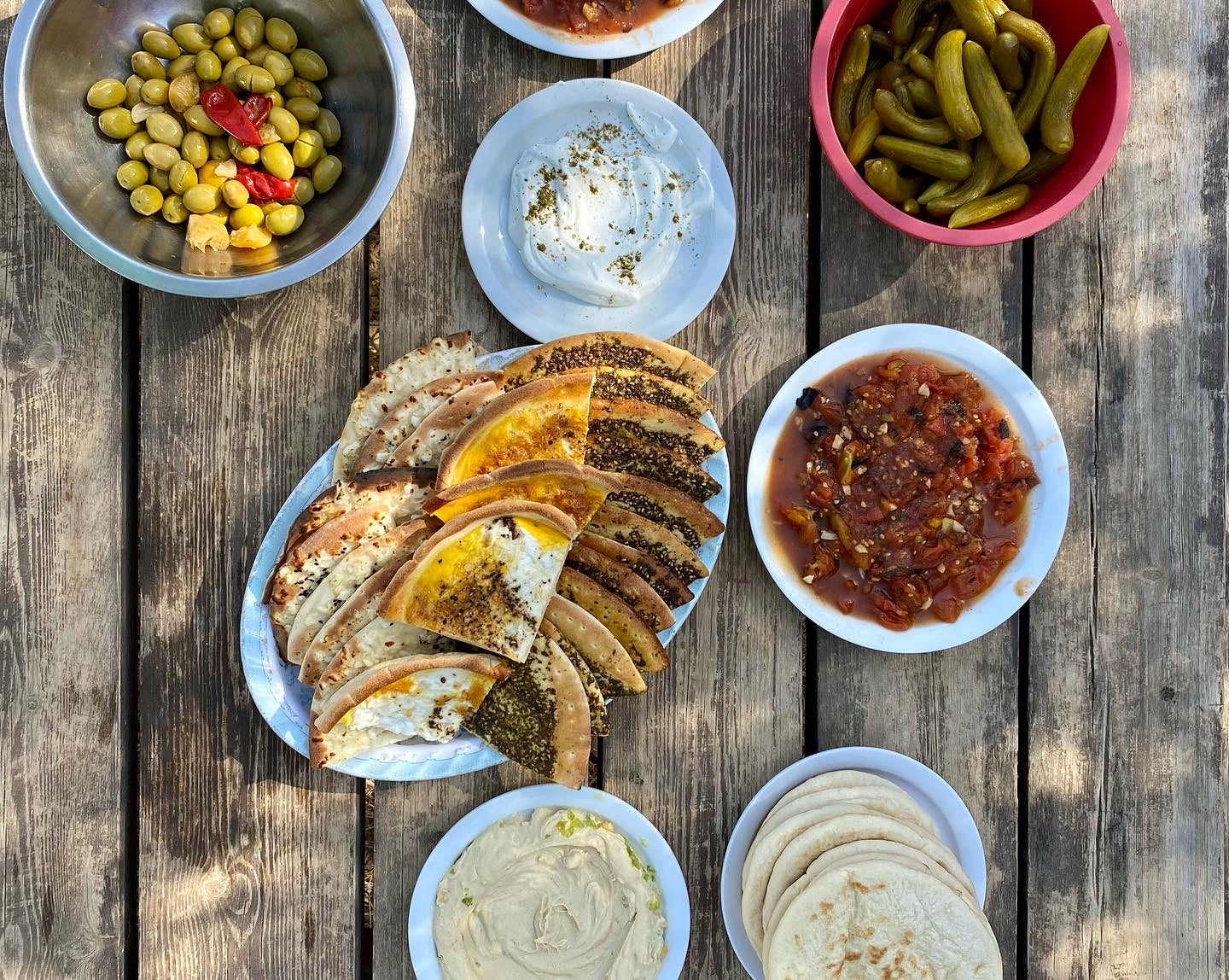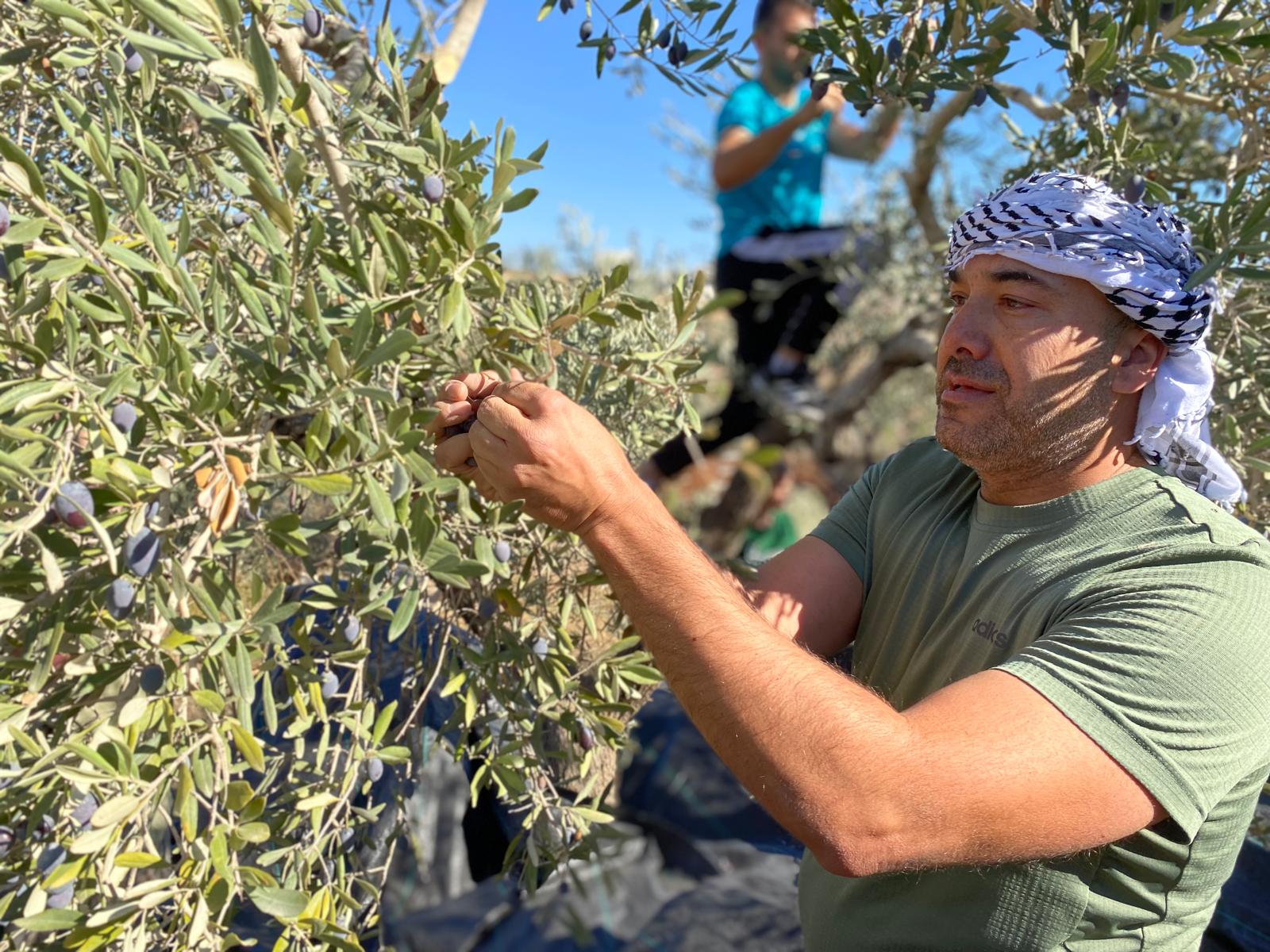
What Is Waste? Reflecting on Food Loss, Gaza, and Global Responsibility
Today, on the International Day of Awareness of Food Loss and Waste, it’s crucial to understand that waste is more than just discarded trash. In its most harmful form, waste represents the misuse of resources—resources that could sustain lives, nourish communities, and offer hope in times of struggle. In Palestine, the meaning of waste has become even more profound in the face of war, occupation, and the daily fight for survival.
In many parts of the world, people live in abundance, often unaware of the food they discard. Yet, there are places, like Gaza, where food is not just scarce but weaponized. A place where, amidst ongoing genocide, an entire population is systematically deprived of the basic resources needed for survival—food, water, land, and energy.
The situation in Gaza is catastrophic. Over decades of occupation and war, Gaza’s capacity to grow food has been devastated. The land has been bombed, water sources contaminated or cut off, energy infrastructures destroyed, and even the ability to farm the land has been severely limited as countless agricultural workers have been displaced or killed. As a result, Gaza, once capable of sustaining its own people, now faces a future where food and water are inaccessible to millions.
Food as a Weapon: A Humanitarian Crisis
Colonialism has always been about the theft of land and resources, and in the case of Palestine, this theft has extended to the weaponization of food. Food, a basic human right, should never be used as a tool of control or oppression. Yet, today, this is exactly what’s happening in Gaza. The Israeli blockade has made it nearly impossible to import or produce food, and the ongoing bombardment has shattered the already fragile systems of agriculture.
For many of us, food waste is an unfortunate but familiar reality. We throw away food that’s past its expiration date or toss leftovers without thinking twice. But in Gaza, the mere idea of wasting food is unimaginable. The people there are struggling to find enough to eat, and even the simplest of meals are often out of reach. While the rest of the world debates food waste, the people of Gaza face a man-made starvation.
A Global Responsibility
This isn’t just about Gaza. It’s about a global system of colonization and exploitation that has allowed such injustice to persist. There are those who have colonized, stolen resources, and gorged themselves on their plunder, while others—like the people of Palestine—are left to suffer the consequences.
Food loss and waste are part of this broader system of inequality. The resources needed to grow food—land, water, and labor—are being destroyed in Gaza, leaving the population with little hope for the future. But this issue goes beyond food; it’s about human dignity, survival, and the right to exist.
What Can We Do?
As we think about food loss and waste on this international awareness day, we must also think about Gaza and the millions of Palestinians living under occupation. Awareness is just the first step. We must advocate for justice, resist systems of oppression, and support those who are suffering.
At Handmade Palestine, we are committed to standing in solidarity with Palestinian artisans and farmers. By supporting Palestinian craft, we hope to provide some relief to those who have lost so much. Your purchases help sustain livelihoods, preserve traditions, and offer a glimmer of hope in a time of overwhelming darkness.
Let’s turn awareness into action. In a world where so much is wasted, let’s ensure that our resources are used to sustain life and provide for those in need, not as tools of oppression.
Take Action
As we approach the holiday season, we invite you to shop with purpose. Each purchase from Handmade Palestine directly supports artisans and their families in the West Bank and Gaza. By choosing ethically made products, you are making a difference in the lives of those who have been deprived of basic resources. Together, we can work toward a future where no one has to suffer from hunger, oppression, or waste.
It’s time to reconsider what waste really means—and ensure that no one is left to starve in the shadow of abundance.







Leave a comment
This site is protected by hCaptcha and the hCaptcha Privacy Policy and Terms of Service apply.